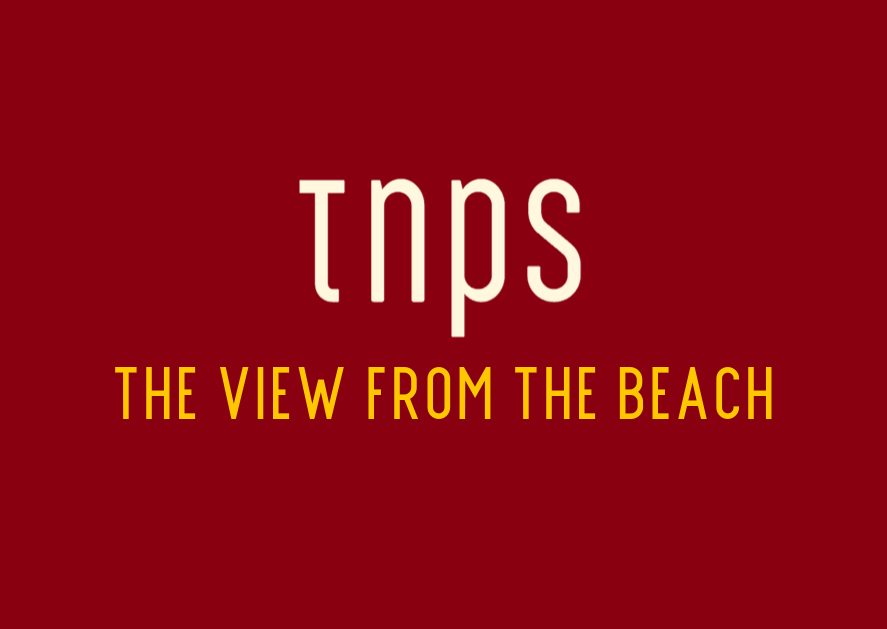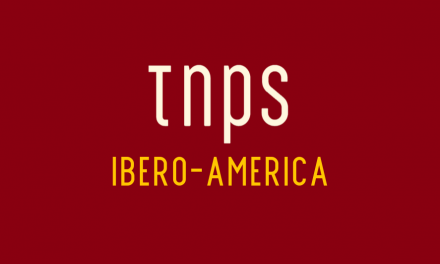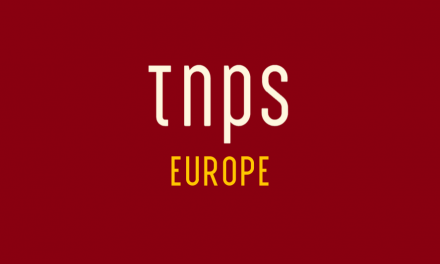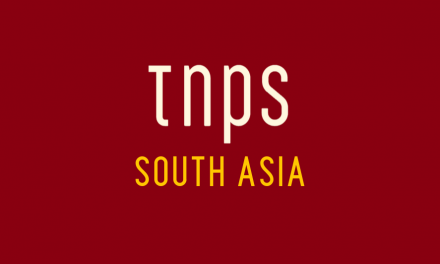The bigger picture still yet to be fully understood, let alone embraced, by most of the industry even in the mature markets, let alone globally, is how digital opens up to publishers the entire planet of over 5 billion internet users, if only said publishers are willing to step outside their comfort zones and fully think through the digital advantage.
With Pandemic Year 2 showing few signs of diminishing, publishing industry operators that were forced to pivot to digital during Pandemic Y1 are honing their digital acts, and looking forward to a hybrid future where they – and their consumer audience – get the best of both worlds.
But the real impact of the Pandemic , once lives lost have been tallied and tribute paid, and the direct economic costs have been acknowledged, will be how much the world – the publishing world for the purposes of this essay – has adjusted its mindset, and understood and embraced the true power of digital that has kept the industry afloat during the crisis.
And here I don’t just mean the belated understanding of the power of Zoom conferencing, and working from home, and the power of online retail and subscription in the mature markets, significant as those changes have been.
The bigger picture still yet to be fully understood, let alone embraced, by most of the industry even in the mature markets, let alone globally, is how digital opens up to publishers the entire planet of over 5 billion internet users, if only said publishers are willing to step outside their comfort zones and fully think through the digital advantage.
To make that point I bring in an operator that even now still sells only printed books, and that until the Pandemic arrived only used digital as a means to get its massive physical book sales events noticed.
Big Bad Wolf needs no introduction for regulars here at TNPS, but for the many new readers joining us, Big Bad Wolf is a remaindered-books seller based in Malaysia, that helps English-language publishers in the US and UK by buying up millions – literally millions – of surplus printed books (remaindered, as we quaintly say in the trade) that it then sells in countries where conventional publishing wisdom says there is no demand for English-language books.
Countries like the UAE, Pakistan, Myanmar, Cambodia, Sri Lanka, Indonesia and Taiwan, to name but a few.
Okay, you say, so this Big Bad Wolf outfit somehow connected with the British and American ex-pat communities in these countries and makes a buck or two for its efforts. Big deal.
But actually it is a big deal, and ex-pats are a tiny part of the Big Bad Wolf audience.
Here’s the thing: Back in 2019, the last full publishing year before the Pandemic rewrote how the world does business, Big Bad Wolf sold over 25 million English-language books to over 3 million visitors to its live sales, across 25 cities. Oh, and that was just in the first seven months.
Back on those heady pre-pandemic days a Big Bad Wolf event typically ran eleven days, 24-7, anywhere from Pakistan, Myanmar and Cambodia to Taiwan, Indonesia and the UAE, to name just some, stacking high (literally by the million – 5 million at one Indonesia event) books that booklovers arrived in their tens of thousands to buy. Books that would otherwise be totally unavailable to these readers because of anachronistic and beyond-stupid territorial restrictions dating back to the early twentieth century that publishers have even now, in 2021, been unable to think their way out of.
Examples? Just a few here – space is limited – but use the search facility to grasp just how big the Big Bad Wolf operation had become before the Pandemic arrived.
In Myanmar, Big Bad Wolf took along 1 million printed books – new and pristine, but remaindered English-language stock. During the 11-day 24/7 event over 50,000 people turned up, spending $1.8 million.
In Cambodia one million English-language books were stacked high in Phnom Penh and 50,000 people turned up in the first four days alone.
And these some of the smaller Big Bad Wolf events. Big Bad Wolf took 5 million books to Jakarta in early 2019, and had to repeat the visit to other Indonesian cities through the year.
But that all changed in 2020 when at first it seemed like Big Bad Wolf would be in limbo, and then the team looked at their options and ventured, at first tentatively, then more boldly, into online selling. With spectacular results!
This year Big Bad Wolf has been trialling hybrid in-person and digital events where possible, and virtual events where not, which brings is to the Philippines, where as this post goes to e-press Big Bad Wolf is running an online sale in lieu of its regular in-person visits to the country.

The benefit of online of course being that anyone anywhere in the country with an internet connection can visit the Big Bad Wolf PH website and buy books.
Yeah… If only Filipinos had caught up with the west and were online…
No, hold that thought. This is 2021, not 2011. And the Philippines has 89.1 million people online. That’s not just 25 million more than the UK’s 63.5 million internet users, but ten million more than Germany’s 79.1 million online users.
Yet even within the Philippines publishers have been reluctant to digitise, while publishers in the wider world have yet to take seriously the exciting digital book market prospect that the Philippines represents.
Big Bad Wolf has shown quite conclusively over several years that Filipinos love books, that they love English-language books, and that they are willing to shop online.
Of course regular publishers cannot begin to match Big Bad Wolf’s operation with physical books sold online, or its prices, and they would be crazy to try.
But for digital books, the Philippines, along with all the other proven Big Bad Wolf markets, and along with the wider world beyond, is an open goal for digitally-savvy publishers willing to throw off the shackles of historical anachronisms like territorial rights and actually play to an eagerly-awaiting global readership.





